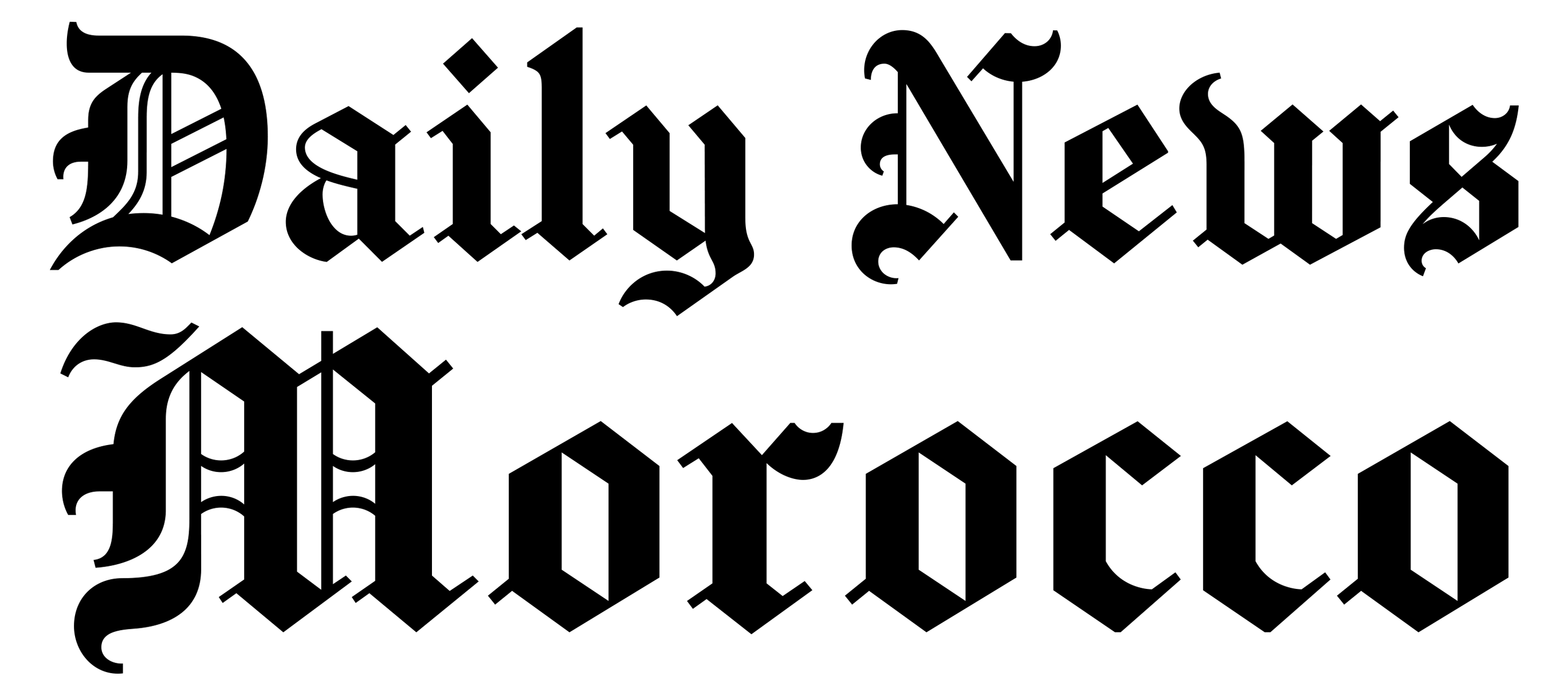“Morocco’s strong solar potential opens up prospects for the development of the solar pumping market” in the field of agriculture, Therer argued in a speech delivered at the closing workshop of the Solar Pumping for Agricultural Irrigation Program (PSIA-GEF), launched in 2017 by the Moroccan Agency for Energy Efficiency (AMEE) in partnership with the UNDP.
“In a global context of multiple crises, namely the economic, energy, environmental, climate, health and drought crisis repeatedly in Morocco, this market is an important lever for the creation of jobs and wealth in the transition to the green economy,” explained the UN official.
It is also a market that contributes to climate action and the reduction of greenhouse gases, she continued, adding that beyond its environmental importance, it is a solution that is increasingly economical for farmers, because it frees them from problems related to the supply of fuel and reduces their energy bill, at a time when energy prices are rising.
The GEF-solar pumping project, as designed and implemented jointly by AMEE and UNDP, contributes directly to strengthening Morocco’s ambitious strategies that chart a course toward sustainable, inclusive development by prioritizing improving people’s living conditions, strengthening and sustainably managing natural resources, and accelerating the energy transition and improving economic competitiveness, Therer said.
“It is also a project that fits perfectly with Morocco’s commitments at the international level, under the Paris Agreements on climate and the 2030 Agenda,” she said, noting that it also contributes to the implementation of several sustainable development objectives relating to the preservation of water resources, food security, the fight against climate change, the development of renewable energy, but also the reduction of poverty and inequality.
Describing as “very satisfactory” the results of the program, the UN official said that “the independent evaluation has shown a rate of achievement of 100% or more for most of the project targets.
In addition, she said she “very much appreciated” the territorial approach that was adopted in this project and which has mobilized local actors and provided local support to farmers and their professional organizations.
“This is where things happen and where this energy and ecological transition is going to take place. So it is very important to work with local actors,” she stressed.
“This program has a strong potential for replication and generalization at the national level and beyond, especially through South-South cooperation, starting with the African continent where many countries are turning to solar and renewable energy to reduce their energy dependence and achieve this transition to a green economy,” concluded the UN official.
Launched in 2017 by AMEE in partnership with UNDP and with the financial support of the Global Environment Facility (GEF), the GEF-Solar Pumping Project, which reached the end of its implementation in 2022, had the overall purpose of establishing the framework conducive to the development of the solar pumping market in Morocco.




